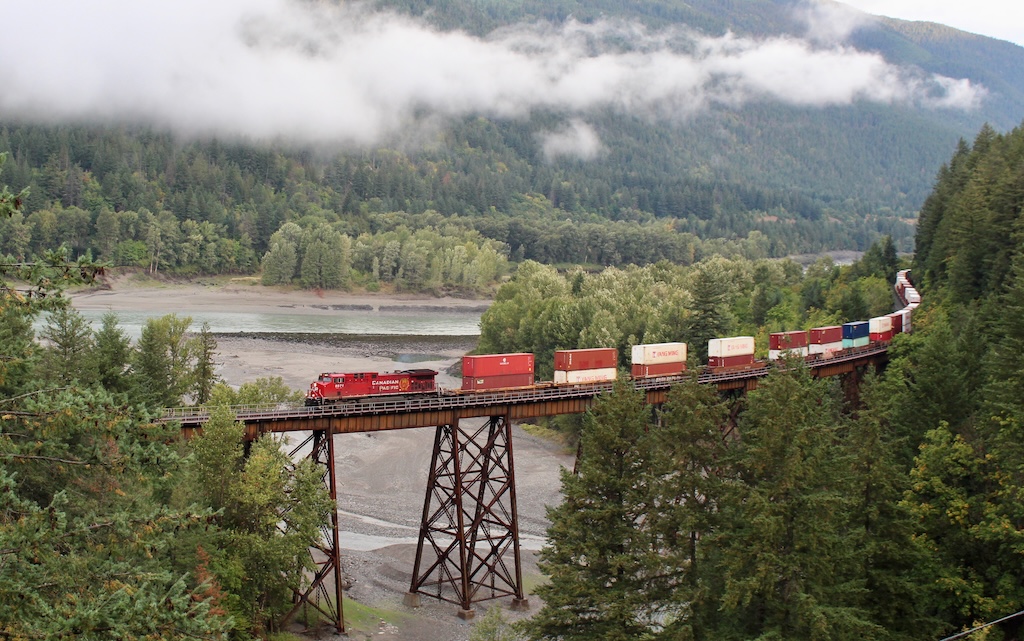
Most British Columbia port terminals will shut down on Monday morning amid a labor dispute between the union representing 700 forepersons and the B.C. Maritime Employers Association.
The International Longshore and Warehouse Union Local 514 has issued a 72-hour strike notice and plans to walk off the job beginning at 8 a.m. on Nov. 4. The BCMEA, meanwhile, says it will lock out employees Monday morning in order to facilitate an orderly shutdown.
The dispute will halt freight shipments through the ports of Vancouver — Canada’s busiest — and Prince Rupert. Grain will continue to be loaded onto ships, however.
The work stoppage will have an immediate impact on Canadian National and Canadian Pacific Kansas City traffic volumes in Canada.
International intermodal traffic bound to Chicago and other points in the Midwest is the most likely freight to be diverted away from the British Columbia ports, which went through a 13-day strike last summer that prompted shippers to send volume to U.S. West Coast ports.
In September CN and CPKC sent an average of seven eastbound intermodal trains per day out of Vancouver, according to data from RailState, a firm that uses a network of sensors and cameras to monitor rail traffic. CN, meanwhile, handled an average of 1.5 intermodal trains per day out of Prince Rupert.
A brief work stoppage on CN and CPKC due to a contract dispute with the Teamsters Canada Rail Conference halted Canadian rail traffic in August.
“This strike will be the latest blow to the global reputation of Canada’s supply-chain, which will take time to recover,” TD Securities analyst Cherilyn Radbourne wrote in a note to clients.
The latest port labor dispute has centered around port terminal operator DP World and its use of automation. In a bid to prevent a work stoppage, the union and employers association had been negotiating with the assistance of a federal mediator this week.
In Eastern Canada, dockworkers at the Port of Montreal walked off the job Thursday morning, forcing the indefinite shutdown of two container terminals. The walkout at Canada’s No. 2 port follows a three-day strike at the same container terminals earlier this month over scheduling.






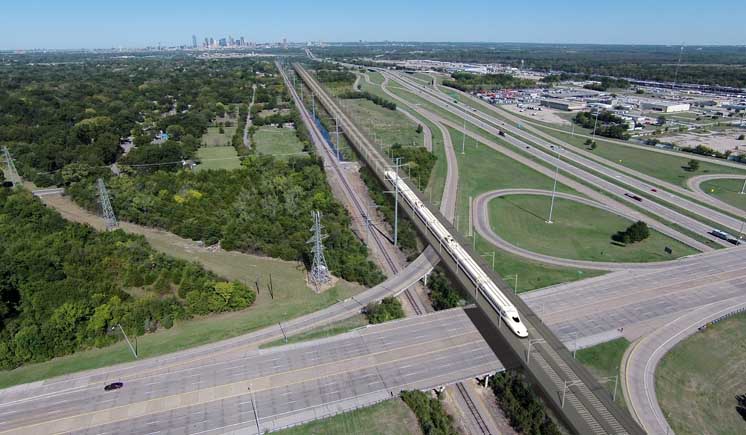
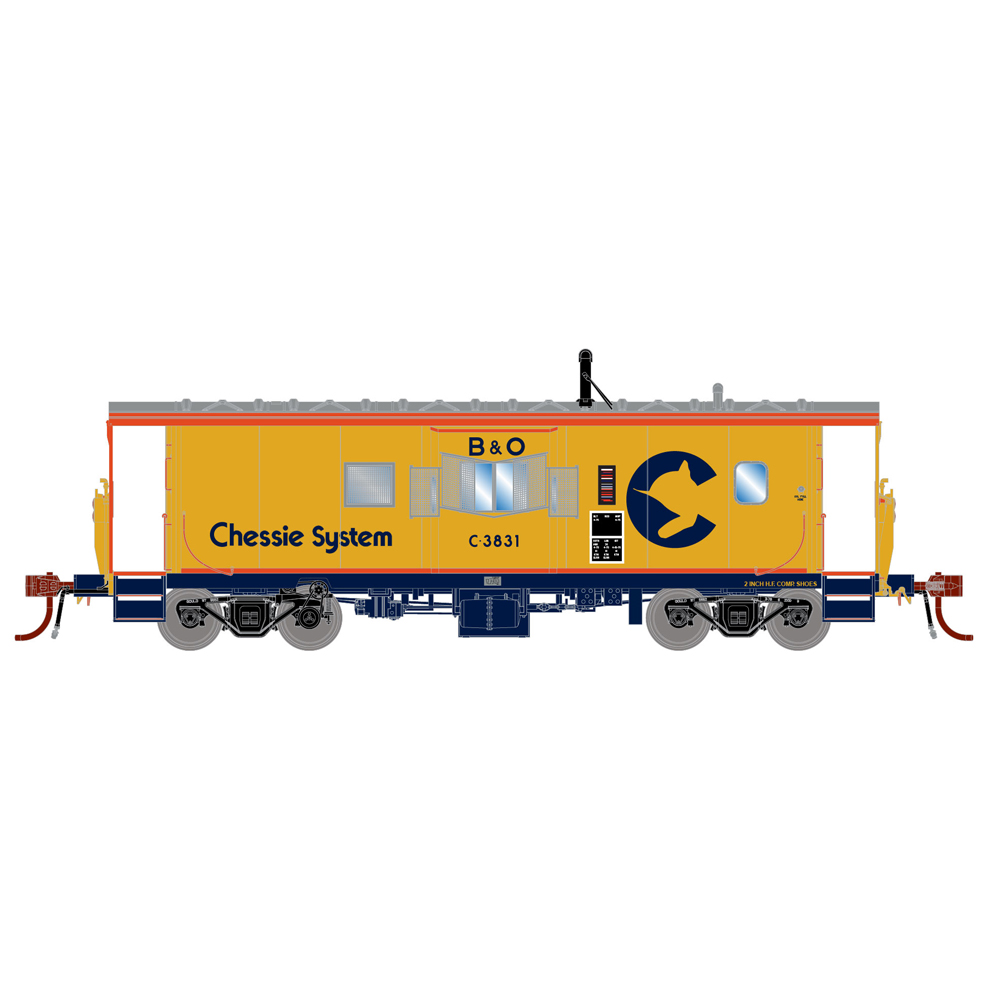
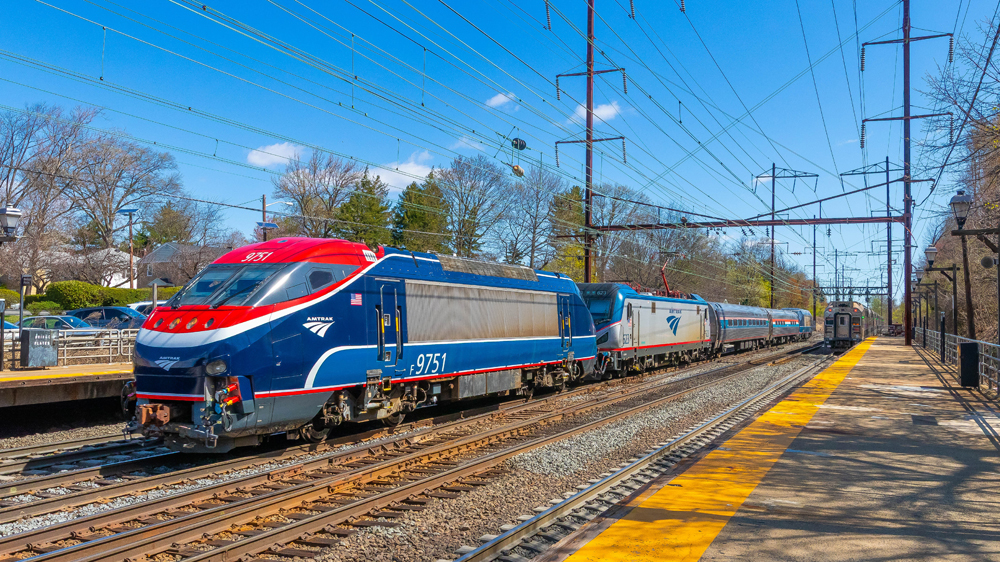
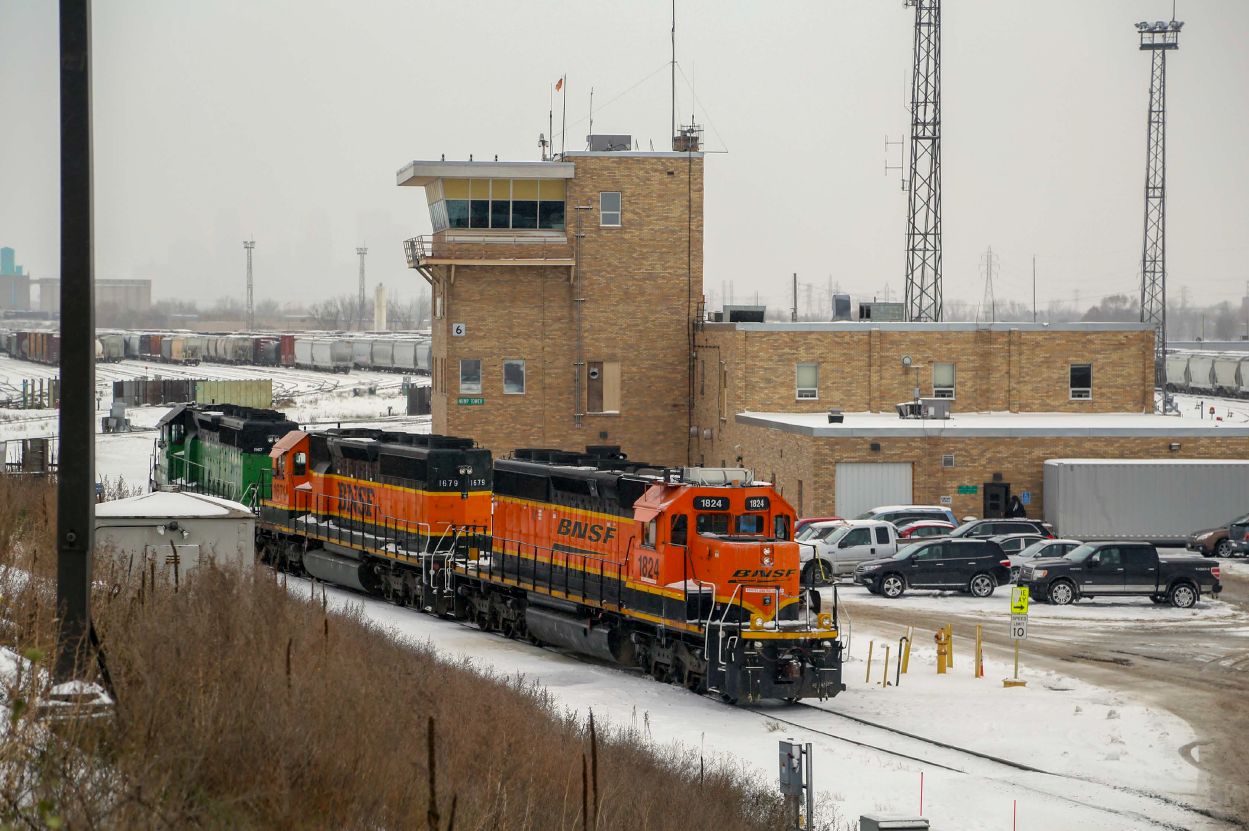




This is the same wrongheaded thinking as blocking automated track inspections. There will always be work to do but not always the way it was done in the past.
Sorry, dockworkers, but automation will be coming and their best approach would be to help control the pace so that the drop in workers needed is matched against normal retirements. Automation’s improvement in productivity might even allow earlier retirements or a large quit bonus. Will be a major battle on the East Coast over automation next year.